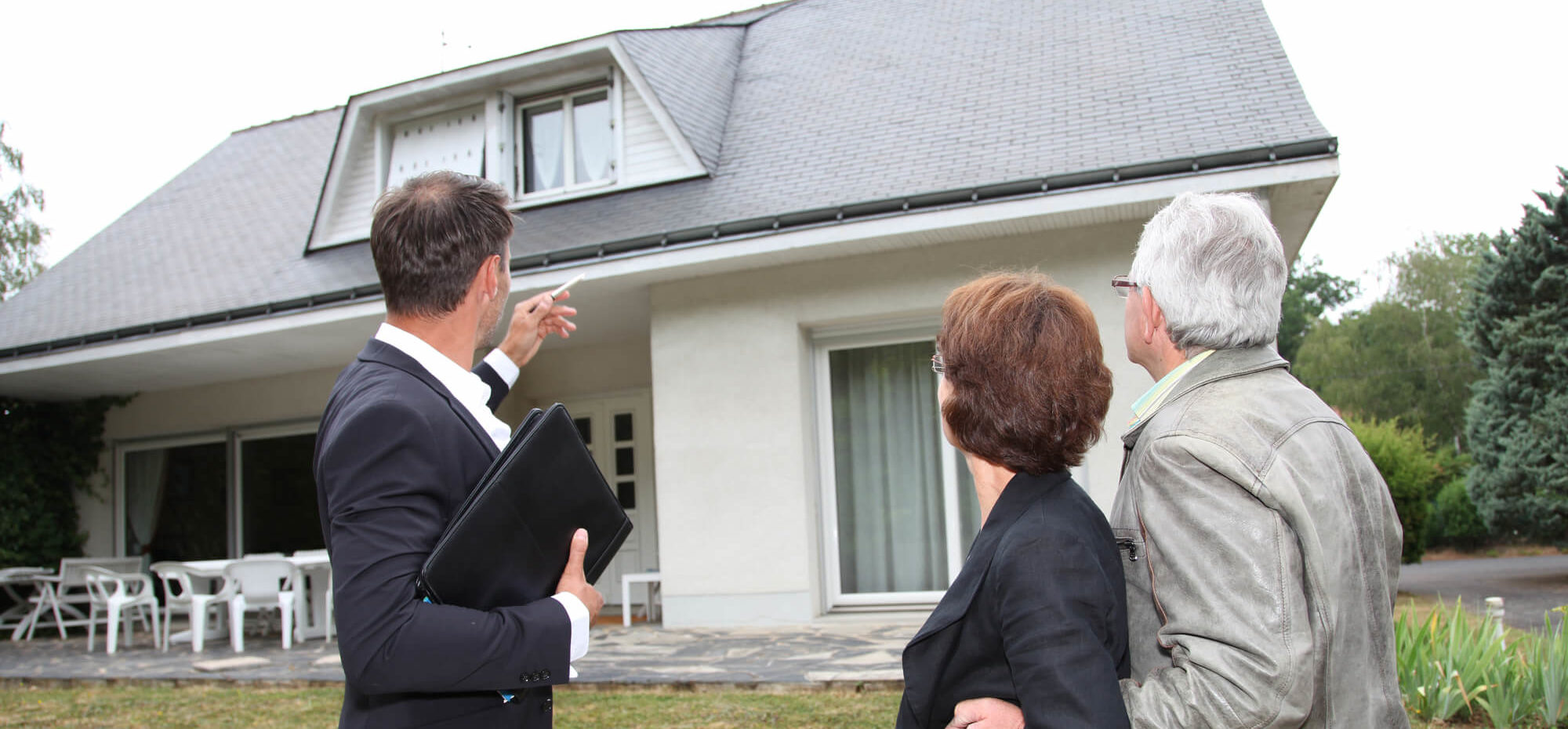Before 1978, the United States had little regulation or responsibility for lead-based paint and lead-contaminated homes. However, once the government better understood the dangers of lead exposure, the EPA’s Lead Renovation, Repair, and Painting Rule (RRP) was put in place.
When you own a building that was built before 1978, it’s crucial that you work with a certified lead inspector to ensure that the property is safe for occupation. In the article, we discuss the dangers of lead exposure and the dire consequences of waiving your lead inspection.
Looking at Lead
These days, most well-seasoned home and property owners are aware of the dangers of lead. However, people who are newer to owning properties might not know about the dangers of lead and what to do about possible lead exposure in a residence. Let’s take a look at the basics of lead and lead exposure before diving into the importance of a thorough lead inspection from a certified contractor.
What Is Lead?
Lead is a naturally occurring chemical that is better known as a “heavy metal,” as it’s denser than most other materials. Lead is malleable, with a low melting point and silver luster. These properties, along with the abundance of the material and its low cost, made it attractive for several unique applications.
The toxic metal was once a popular additive for lead-based paints used in construction and manufacturing. Now, we know and understand the dangers of lead exposure, so the government regulates its use, banning it in new construction of residential homes and child-occupied properties.
Where Will You Find Lead?
Lead is all around us, but there are some particular places where one can expect high volumes of lead-contaminated dust and paint in a home or residence. Some common lead sources in homes can include:
- Paint from:
- Window frames
- Door frames
- Porches
- Stairs
- Banisters
- Trim and molding
- Water and pipes
- Old toys
- The air
- Manufactured items (less common)
Lead exposure can be deadly, or at the very least, extremely harmful to human health. Exposure to lead occurs either orally, topically, or through inhalation. All home and property owners must be aware of the dangers of lead exposure and lead poisoning symptoms to ensure the home or building’s residents’ safety.

The Dangers of Lead Exposure
Inhaling or ingesting lead can be extremely hazardous to human health. Lead poisoning particularly impacts small children, who are more susceptible to exposure as they crawl or attempt to put things into their mouths.
The Importance of a Lead Inspection
As you can clearly see, lead contamination and exposure to lead-contaminated dust particles can be a considerable concern for human health. Luckily, lead inspections can help ensure that a home, apartment, or other child-dwelling facility is safe for residency.
Lead inspections in buildings constructed after 1978 are unnecessary, but for homes built before then, it’s crucial to consider a lead inspection from a certified contractor.
Waiving a Lead Inspection: What Will Happen?
When buying a home as a residential property owner, you are well within your right to waive a lead inspection. Commercial property owners must always inspect for lead contamination if it is a child-occupied building or facility like a daycare.
Although you are legally allowed to waive a lead inspection as a homeowner, there are obvious consequences that come along with this choice. When moving into a new home, apartment, condo, or any other type of residential property, consider the following:
- Will an infant, child, or animal be occupying this dwelling? If yes, are you willing to put their health at risk to waive a lead inspection?
- If no, are you still willing to risk your personal health and safety?
- What is your budget for abatement and renovations if lead is detected? Lead inspections will tell you what kind of job you have on your hands in terms of size and seriousness.
Waiving a lead inspection is one way to ensure that you and your family or pets are at constant risk. Although there might be an added fee for lead inspections, many realtors or real estate attorneys can negotiate to include this cost in closing fees for the seller, especially if the home is obviously built before 1978.
The difference between choosing to have a lead inspector assess your home or property or not can be the difference between life and death. Lead exposure and poisoning is nothing to take lightly, as it can have lasting effects on human health well into adulthood. Lead is responsible for exacerbating several dire diseases and issues, including:
- Memory loss
- Concentration issues
- Mood disorders
- Blood pressure
- Fertility problems
It’s any home or property owner’s best option to go forward with a thorough lead inspection from a certified professional to avoid any serious health consequences. If the inspector detects the presence of lead, you can address repairs, lead abatement, or repainting right away. Always work with a certified lead renovator for all construction concerning lead-contaminated materials.
If you’re still not convinced that going through with a lead inspection is the best option, you can always consult online resources like Angie’s List or HomeAdvisor. However, we can almost certainly guarantee that these websites will give you the same answer: it is better safe than sorry when dealing with possible lead exposure.
Conclusion
The toxic chemical lead can be contaminating many surfaces and areas of your home or child-occupied dwelling. Lead contamination can be extremely hazardous to the health of adults, pets, and especially children. When dealing with a house that was built before 1978, it’s best to find an EPA-certified lead inspector, risk assessor, or dust sampling technician to ensure that the home or building is safe for occupancy.
Professional contractors and construction companies with state and federally regulated certifications will have the proper training to address the lead contamination in your home or building. Working with an experienced contracting team with the correct certifications ensures that all occupants remain safe from lead exposure during renovations, repairs, lead abatement, and other critical construction tasks that help minimize the presence of lead.


